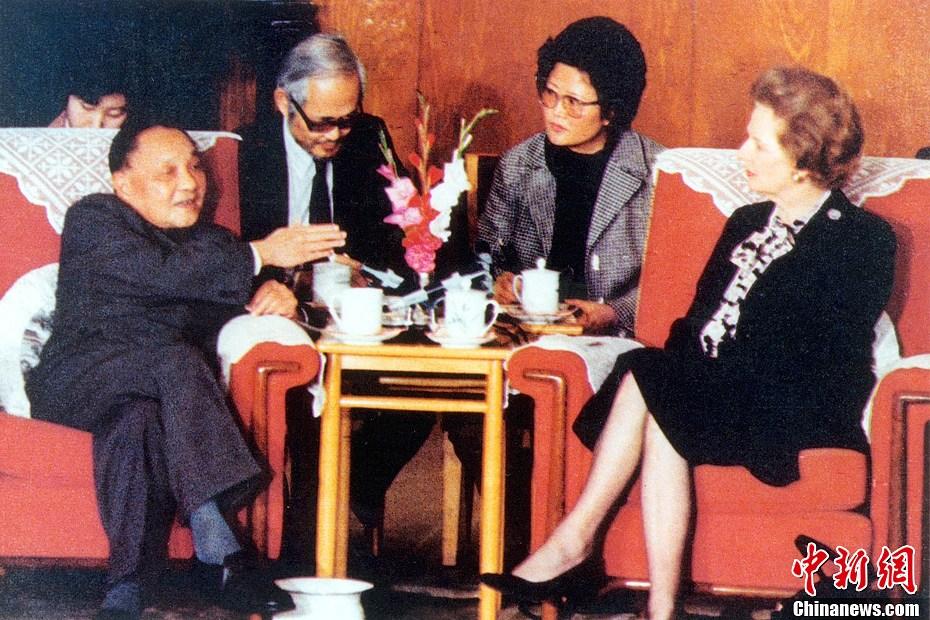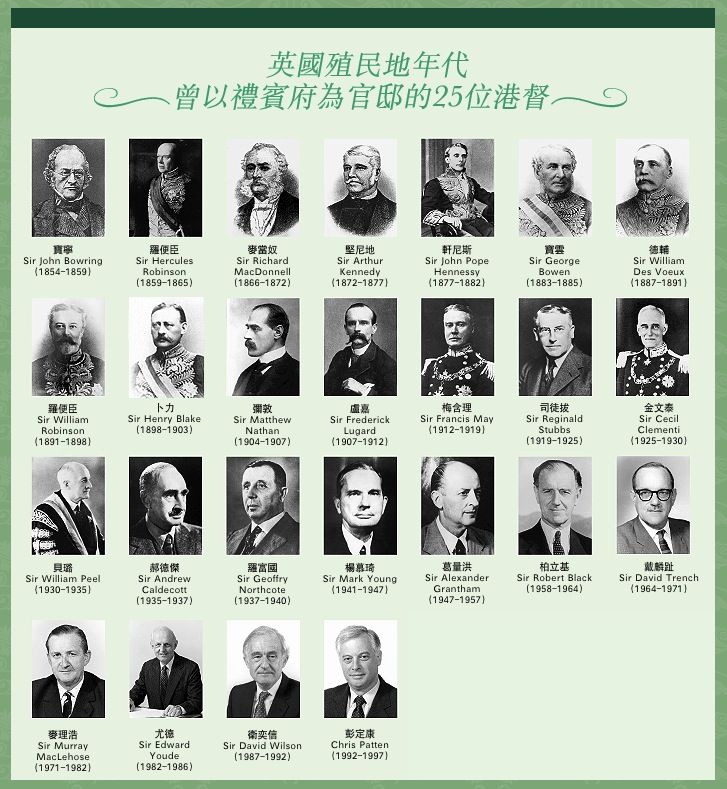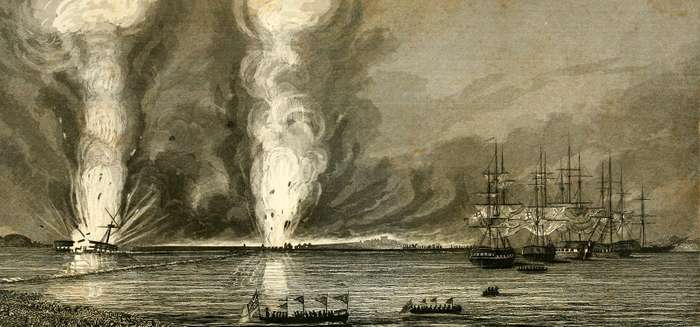May 28, 2020
The National People’s Congress just approved a new national security bill with a vote of 2,878 to 1 and six abstentions. This new bill will supersede Hong Kong’s semi-autonomous region status and will allow Beijing to install mainland security agencies in the city for the very first time.
These agencies will prohibit any forms of sedition and secession movements within Hong Kong and will also maintain close vigilance on foreign interference in Hong Kong’s internal affairs. Critics against this new bill say this piece of legislation will erode the “one country, two systems” policy China promised to maintain until the year 2047 when Hong Kong would completely be assimilated into the People’s Republic of China.
Quick History of Hong Kong and Why It’s Complicated
England initially refused to give back Hong Kong, stating in so many words “we won the war in 1860, so regardless of the 99-year-lease, we don’t necessarily have to give it back.”
According to Margaret Thatcher’s memoirs, The Downing Street Years, she stated Deng Xiaoping threatened her and England with military action if they did not give Hong Kong back. “He said that the Chinese could walk in and take Hong Kong back later today if they wanted to,” wrote Thatcher.

Thatcher continued “I retorted that they could indeed do so; I could not stop them.” It was an eye-opening moment for Thatcher, who recently defeated Argentina over the Falkland Islands at the time.
It is important to mention there was never democracy in Hong Kong during Britain’s 156 years of colonial rule. The same country, which lost control of the American colonies in 1783 because basic human liberties were not given to the population. Also, the same country which denied basic human rights to the subcontinent of India during their occupation and was forced to leave in 1947. Every governor of Hong Kong was British and appointed by Hong Kong’s colonial masters in England.

By international standards, the acquisition of Hong Kong was illegal by any stretch of the imagination. The British Empire was illegally smuggling in over 5 million tons of opium a year into China. In the spring of 1839, Chinese authorities confiscated and destroyed over 20,000 chests of opium (1,400 tons) in a warehouse in Canton (Guangzhou), according to Encyclopedia Britannica.

This confiscation caused the British to become very bitter and soon after, drunken British sailors murdered a Chinese villager. The British wouldn’t allow their citizens to be tried in a Chinese court, which angered the Chinese even more. Later, British warships destroyed a Chinese blockade of the Pearl River (Zhu Jiang) in Hong Kong. The First Opium War broke out and within a few years, the British forced the Chinese to sign over Hong Kong. The Second Opium War later broke out, resulting in another Chinese loss, which then resulted in China signing over a 99-year lease of the Kowloon Peninsula.
Double-Standards By Western Nations and Media
No advanced democracy in the world would allow a city, state, and or province to cede, even if the people within those jurisdictions voted for secession; with the exception of Scotland. Scotland under their own accord formed a union with England in 1707.
A good example of this would be Catalonia. Spain recently sentenced Catalan Separatist Leaders to 9-13 years in prison over their 2017 independence referendum. The Spanish Supreme Court also found nine leaders of the Catalan Separatist Movement guilty of sedition, including the former vice-president of Catalonia Oriol Junqueras. He will be serving 13 years in prison, according to Forbes. Not very democratic for a democratic country?
In the United States, the argument of secession was resolved during the Civil War. The Supreme Court clearly points out no state has the right of secession because the ‘Pledge of Allegiance’ clearly illustrates ‘one nation, indivisible.’ These beliefs were championed by the late Supreme Court Justice Antonin Scalia and Supreme Court Chief Justice Salmon P. Chase who stated during Texas v. White in 1869, “The union between Texas and the other states was as complete, as perpetual, and as indissoluble as the union between the original states. There was no place for reconsideration or revocation, except through revolution or through consent of the States.”
Feature Image via Business Insider

